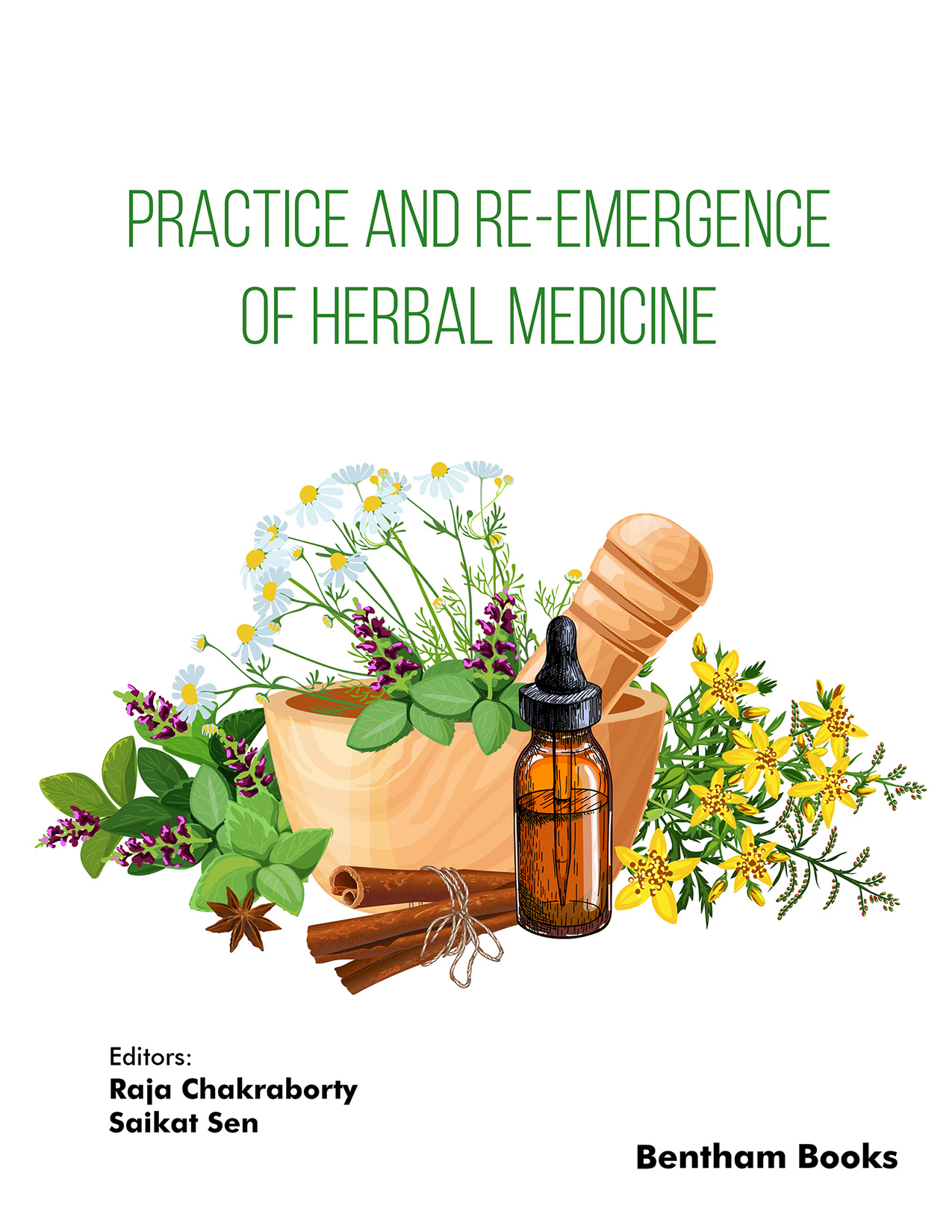Preface
The Indian codified system of medicines like Siddha, Unani, Amchi and Ayurveda has very excellent evidence of effectiveness. Plants are the main component of these systems of medicine, which include more than 1200 plant species in Ayurveda, 900 plant species in Siddha, and 700 plant species in Unani. Fold medicines are also extremely accepted in India for regular health care management in remote and rural areas. In this system of medicine, a maximum number of more than 8000 plant species and more than 25000 effective formulations are practiced by folk medicinal practitioners. Traditional medicines make numerous medical claims for the treatment of many acute and chronic diseases and symptoms, the prevention of disease, and the improvement of quality of life. Herbal medicines also contain different chemical constituents that could act singly or synergistically. The isolation and identification of phytochemicals can act as lead for the discovery of bioactive molecules. Advanced scientific methods like reverse pharmacology, chromatography and spectral studies made the discovery of new drugs from the plant source more efficient. The demand for herbal medicines, herbal health products, herbal pharmaceuticals, nutraceuticals, food supplements, herbal cosmetics, etc., is increasing globally due to the growing recognition of these products as mainly non-toxic, having in the mainly fewer side effects, better compatibility with physiological flora, and availability at affordable prices. In the last century, medical science has made incredible advances all over the globe. In spite of global reorganization and a very sound history of traditional uses, the promotion of herbal medicine faces a number of challenges around the globe, mainly in developed nations. Regulation and safety is the high concern for the promotion of herbal medicine. Quality issues and quality control, pharmacovigilance, scientific investigation and validation, IPR, and biopiracy are some key issues that restrain the advancement of herbal medicine around the globe. In the twenty-first century, demand for medicinal plants, herbal medicines, pharmaceuticals, food supplements, health products, cosmetics, etc., is growing, which demands more research, enhanced regulation, and addressing quality control issues. Volume 1 of this series of the book entitled “Natural Medicine: Practice and Re-emergence of Herbal Medicine” is devoted to the current research in Plant-based medicine in Ayurveda, Siddha, Folk medicinal systems, and any other traditional system of medicine, Quality control & Validation of herbal medicine, IPR issue & Herbal medicine. We are confident that the volume will have a great effect, attract an audience worldwide, and be a repository of knowledge on the topic.
Raja Chakraborty
Institute of Pharmacy
Assam Don Bosco University
Tapesia Garden
Sonapur – 782 402, Assam, India
&
Saikat Sen
Faculty of Pharmaceutical Science
Assam Downtown University
Panikhaiti, Guwahati-781026
Assam, India

